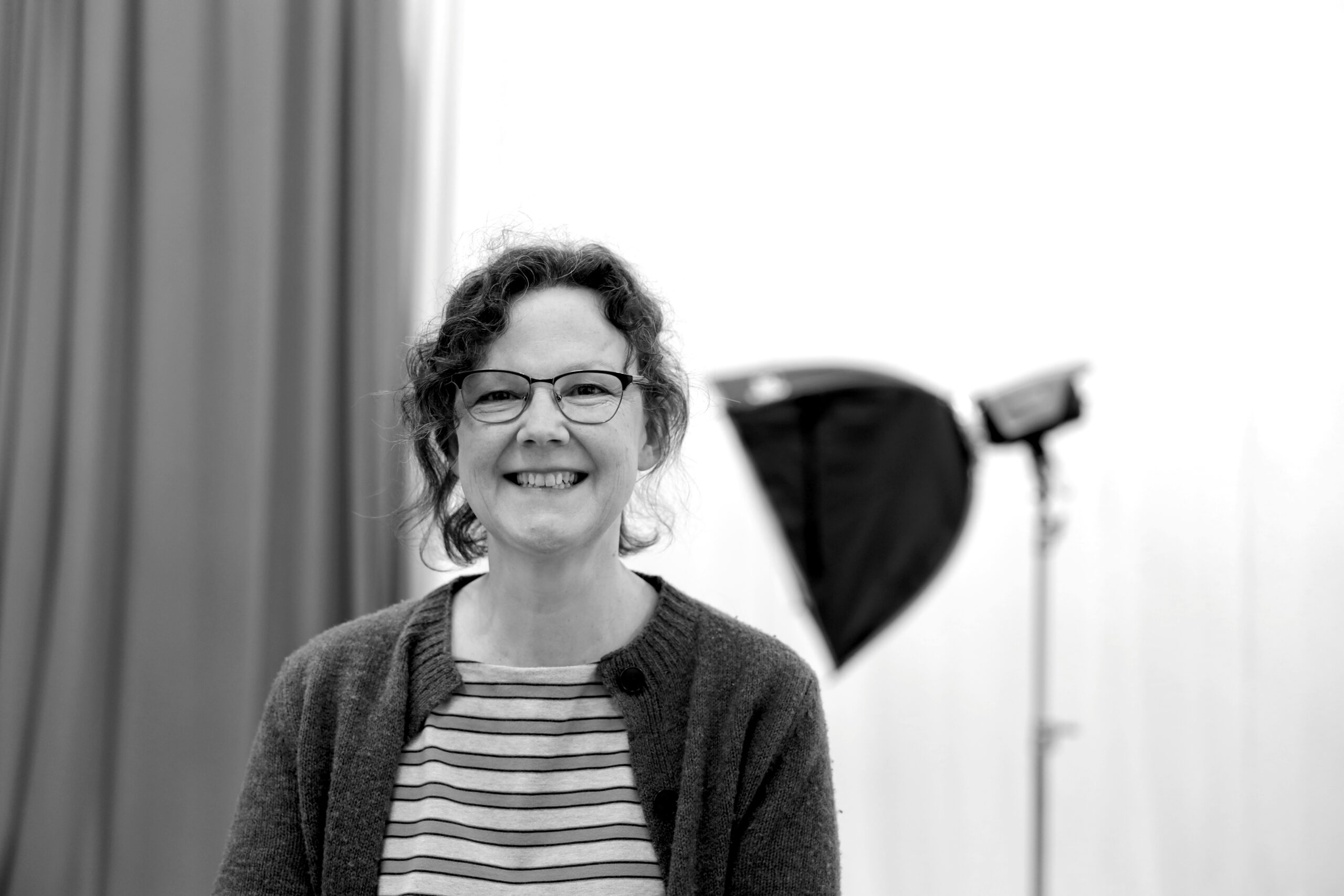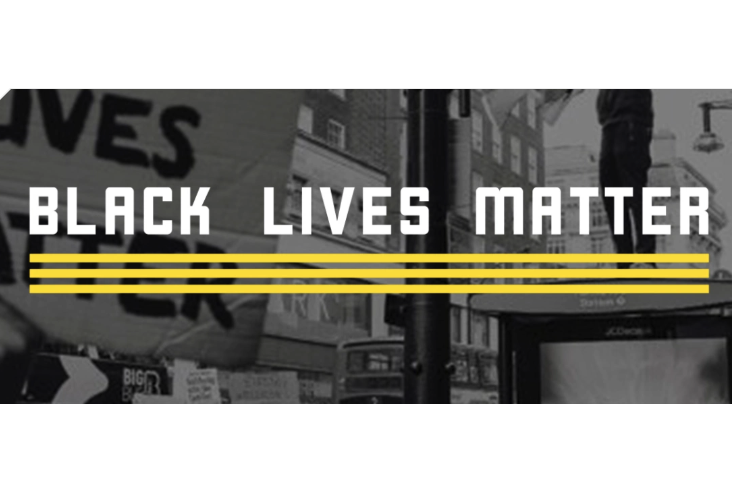Our MA Screen & Film Production provides a fantastic opportunity to accelerate your career in the industry, and there are many reasons you might want to study on the course. We caught up with Course Leader Andrea Slater at our Brighton campus to talk about some of your most frequently asked questions.
What are the contact hours for the MA course?
If you’re a full time student, you’ll have two 3 hour seminars per week in the first two Trimesters plus various tutorials and additional workshops. The summer is more varied as the main shoots and creative work is carried out in June (early Trimester 3) with seminars and tutorials in July and August.
For part time students, the modules are spread out over the two years so it’s less intense. You’ll have a free summer at the end of the first year but can choose to get involved in the Major Projects which is a great experience to feed into your own Major Project planning in your second year.
Contact hours are allocated per module and it’s advisable to check the module information on the website for more detail, but bear in mind there are additional events, networking, masterclasses etc outside of your set hours to get involved with whether your full time or part time.
What facilities are available for MA students?
Screen and Film School has state of the art studios and filming equipment to support your studies. Even if you’re a screenwriter, you’re encouraged to use visual testing and working with actors as part of your process. We also have edit suites with access to industry software such as Adobe Premier and Avid.
What is the balance between practical and theoretical work?
Four out of the five modules have a set practical element, with practical being anything from filmed rehearsals, screenwriting, storyboarding and working with a composer, to the full Major Projects which can be a feature screenplay, short film, entrepreneurial project or dissertation.
With each of these modules, you will research and write about your creative and technical process. The fifth module is where you learn about research methodologies in relation to practice and develop your academic skills that will support the rest of your modules.
Will I be able to experience the campus life?
We operate very much as a film school with a production house feel, where students make films in class or by independent projects out on location in Brighton and beyond. Last year Screen and Film School Brighton made almost 200 assessed films across the BAs and MA. Many of the MA students get involved with the undergraduate projects and vice versa, and that includes the Filmmaking, Film Business & Production, Production Design and Hair and Make-up BA (Hons) courses, not to mention working with the Music and Performance schools that are also part of BIMM University.
It’s a very active, collaborative and professional environment that prepares students for the workplace and for their own creative and technical ambitions. It’s very different to a typical university campus, and hard to convey what it’s like, but when industry guests visit us for the first time, they tell us how much they feel at home.
What industry networking opportunities are available?
MA students are invited to the various networking events throughout the year, where they can meet some of our industry partners who are looking for new talent, such as our graduate industry social on the beach at sunset. But there are many ways in which you can connect with industry, by applying for opportunities that our partners bring to us, by attending masterclasses, by connecting with your industry mentor or just by talking to the tutors, technicians and fellow students. Industry is everywhere at Screen and Film School!
Can you provide examples of the types of roles or companies that recent graduates have gone on to?
Recent graduates have gone on to work in various positions such as Edit Assistants, Production Assistants, Junior Researchers etc at prestigious companies such as back2back Productions, Virtual Post, Raw Cut Television etc to name a few. As well as graduate successes, we have also seen an array of student industry placements, with opportunities to work on set with cinematographers Ben Cole and Seamus McGarvey, as well as local production companies Brighton Zoo and back2back.
What is the final output or project for the MA course?
Your final project is negotiated with your tutor so it’s a flexible brief and can be tailored to your individual career aims. Most people work towards a short film (or films) but you can also write a screenplay or develop an entrepreneurial project (think business plan for a production company or developing a local film community hub).
You can even write a dissertation if you wish to go on to do a PhD. Whatever will help you get you noticed and help you get into the screen industry area of your choice.
Can you share a memorable moment or a particularly proud achievement from your time as course leader?
There are so many! It’s very rewarding to see students grow in their practice and find their filmmaker identities and the Major Project assessment presentations are a wonderful end point. But saying that, the Graduation Screening is the icing on the cake, you can’t match the experience of seeing your film with an audience. This is for the students to enjoy the most, but as their Course Leader, I go through the journey with them, share their excitement and am very proud of their achievements.
To discover more about the master’s course at Screen and Film School, including how to apply, visit the course page here, or contact us at [email protected]!



